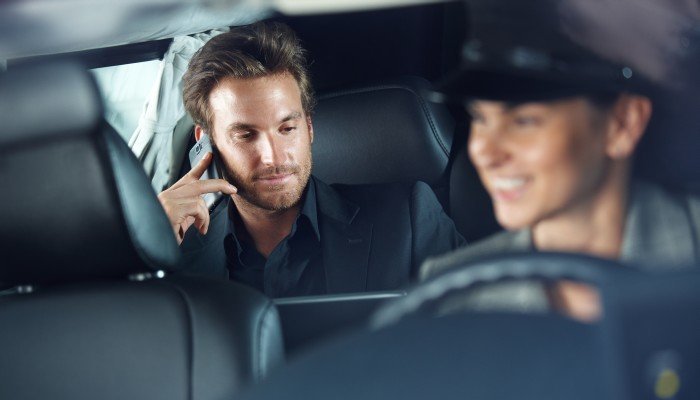 Uber is in the headlines once again and this time it seems half the planet is gunning for the San Francisco start-up.
Uber is in the headlines once again and this time it seems half the planet is gunning for the San Francisco start-up.
After an Uber driver allegedly committed a sexual assault in Delhi, the service has been banned outright in the Indian capital. Spain has also stopped Uber from trading due to "unfair competition" and the fact that they are not authorised to operate in the country.
Thailand and the Netherlands have implemented bans too.
But how risky is it to use Uber?
Apart from the negative effects on regular taxi drivers' incomes (due to Uber's competitive pricing and smartphone booking system), safety issues have come to the fore in recent times – especially since the alleged assault in India.
However, some have argued that Uber is actually safer than regular taxis, because each journey is tracked and recorded by GPS; a practice that does not occur with regular cabs. If a crime did occur, collecting crucial evidence would be straightforward. However, during the incident in Delhi, the accused driver's GPS system was not working, according to local media reports. This shows the system is not infallible.
Uber's drivers undergo criminal background checks in the same way as normal taxi drivers, which in theory makes them as safe as a taxi driver. But Uber also has another layer of safety – its rating system. Unconfirmed reports say that Uber de-activates any driver that drops below 4.7 out of 5 stars.
Any of our breakdown cover customers who have tried to use Uber in the UK will have discovered that only London and Manchester are presently served by the firm. But amid reports that Liverpool could be next to see Uber arrive, the US company could ruffle many more feathers – and prompt more safety questions.
However, it seems neither regular taxis nor Uber are 100% safe. Only driving one’s own car offers that.




